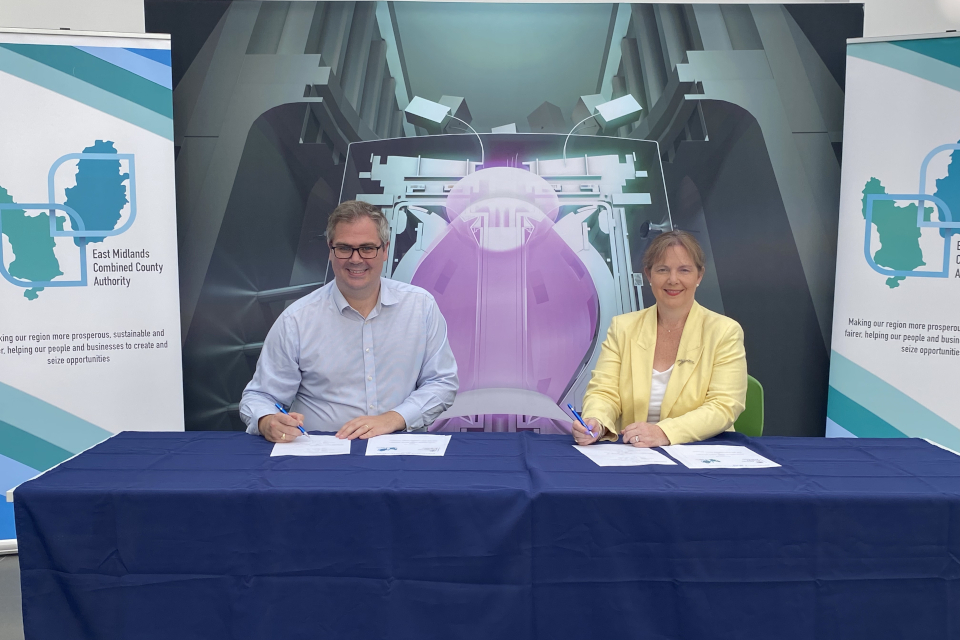The UK Health Security Agency (UKHSA) is urging travellers to the Kingdom of Saudi Arabia (KSA) for Umrah and the upcoming Hajj pilgrimages to ensure they are vaccinated against meningococcal disease with the MenACWY vaccine, due to ongoing outbreaks of serogroup W (MenW) disease associated with travel to KSA.
UKHSA has confirmed 5 cases of MenW disease between February and March 2025 in people who had recently returned from KSA or in their close contacts in England and Wales.
Invasive meningococcal disease is rare but serious and is caused by meningococcal bacteria. Meningococcal meningitis (inflammation of the lining of the brain and spinal cord) and septicaemia (blood poisoning) are severe conditions that can kill or leave people with life-changing disabilities.
Those undertaking Hajj or Umrah, along with seasonal workers, are required to present a valid certificate of MenACWY vaccination issued between 10 days and 3 to 5 years before arrival, depending on the type of MenACWY vaccine previously received. The World Health Organization (WHO) and the National Travel Health Network and Centre (NaTHNaC) advise, however, that all travellers to KSA should consider receiving the quadrivalent meningococcal (MenACWY) vaccine, especially during the current MenW outbreak.
While abroad and in the 2 weeks after returning to the UK, pilgrims and travellers returning from KSA should monitor for symptoms such as
- fever
- severe headache
- vomiting
- stiff neck
- rash
- extreme sleepiness
- seizures
Symptoms may resemble flu initially and can appear in any order, but can lead to serious illness within hours. Anyone who has symptoms and becomes concerned about their own or someone else’s health should seek immediate medical advice or dial 999 in a medical emergency.
Dr Shamez Ladhani, Consultant Epidemiologist at UKHSA, said
The MenACWY vaccination is essential for pilgrims travelling to KSA for Umrah and Hajj, particularly given recent cases among UK returnees and their families. Meningococcal disease can be fatal and may leave survivors with serious lifelong conditions including hearing loss, brain damage and limb amputations.
Pilgrims should ensure vaccination at least ten days before travel and remain vigilant for symptoms like sudden fever, severe headache, stiff neck, or rash. If you or anyone at home becomes unwell with any symptoms of meningitis within two weeks of returning from Saudi Arabia, contact your GP or NHS 111, mentioning your recent travel history, or dial 999 in case of emergency.
Dr Sahira Dar, President of the British Islamic Medical Association, said
During Hajj and Umrah, millions of people gather in very close proximity during the pilgrim rights, in accommodation sites and on public transport. This means that there is a much higher risk of contracting infectious diseases such as meningitis which is a serious illness. We highly recommend that everyone going on Hajj and Umrah receive their MenACWY vaccine which could protect them and their loved ones back home.
UKHSA is also advising pilgrims about Middle East Respiratory Syndrome coronavirus (MERS-CoV). While risk to UK travellers remains low, pilgrims should
- avoid consuming raw or undercooked animal products
- avoid contact with camels and animal waste
- practise good hygiene, particularly washing hands after visiting farms, barns or markets
Should fever, coughing or breathing difficulties develop within 2 weeks of leaving Saudi Arabia, contact a GP or NHS 111, mentioning recent travel history and any contact with respiratory cases, healthcare facilities or camels during travel.
Further information on vaccinations and travel health precautions for KSA is available on the NaTHNaC website.







